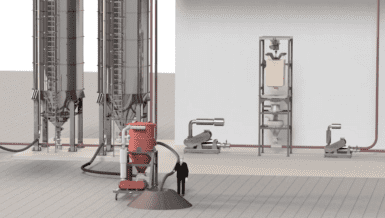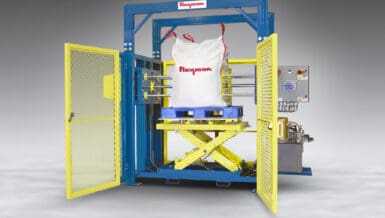Culture is key. A 2022 study by Hautala-Kankaanpää, said adoption of digital technology and practices is not a one-time event, but an ongoing cultural change. It requires ongoing investment in digital training and resources. “Firms with strong supply chain capabilities were better able to leverage the benefits of digitalization, indicating that organizations are investing in supply chain digitization as a means of improving performance,” stated the study.
Digital transformation improves supply chain resilience, automation, accuracy, and efficiency with benefits to people effectively collaborating in a digital system.
A 2022 study by Jiao, et al., looked at ways engineering and operations cultures can create a “new design” which seeks to achieve transformation in another way by pulling a host of experts like industrial, manufacturing, and service engineers. In terms of bulk material level sensors, for example, a “new design” lens would ask, does it perform well? Does it interact well with users? Does it work well with other technology?
BinMaster designs systems to pool such technology partners. By bringing bulk material data from sensors atop silos to a secure cloud report, authorized users can access the same information in real-time. Decisions and conversations bring decision makers the same data. It’s all about collaboration, accuracy and transformation to a more automated process.
“Digital transformation is not simply a technological change, but a cultural movement that involves a profound shift in the way organizations think about and approach their business models,” stated the Jiao study.











































